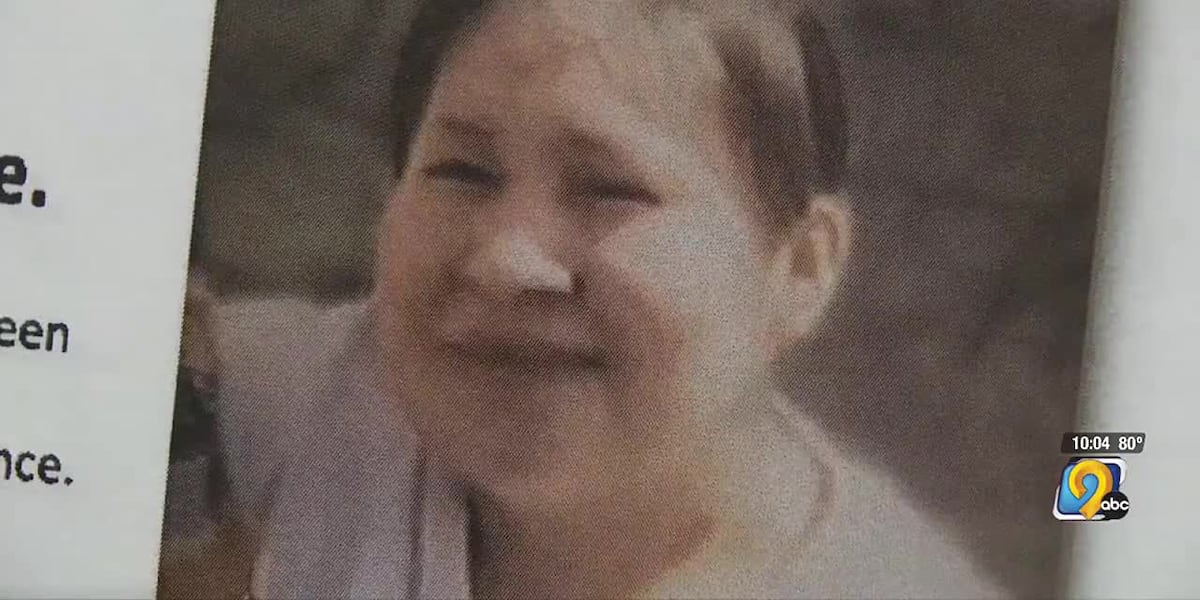Met Police to Ramp Up Facial Recognition Use Amidst Staff Cuts - Concerns Raised

The Metropolitan Police has announced a significant expansion of its facial recognition technology (FRT) usage, a move occurring concurrently with substantial cuts to its workforce. Facing a shortfall in its budget, the force is restructuring, leading to the loss of 1,400 officers and 300 staff. This decision to increase reliance on FRT has already sparked considerable debate and concerns from civil liberties groups and privacy advocates across the UK.
What's Happening? The Met Police's plan involves doubling the deployment of FRT, meaning more frequent and widespread use across London. This technology scans faces in public spaces and compares them against a database of mugshots and other images, flagging potential matches for officers. While the police argue it's a vital tool for preventing and detecting crime, critics raise serious questions about accuracy, bias, and the potential for misuse.
Context: Budget Constraints and Workforce Reduction The decision to expand FRT isn’t happening in isolation. The Met Police is grappling with severe budget limitations, forcing it to make difficult choices. The loss of 1,400 officers and 300 staff represents a significant reduction in the force's capacity. Officials claim the FRT will help compensate for this loss, allowing them to cover more ground and respond to incidents more effectively. However, critics argue that investing in technology shouldn't come at the expense of human officers and community policing.
Concerns and Controversy Surrounding FRT The use of facial recognition technology is highly controversial. Key concerns include:
- Accuracy and Bias: Studies have shown that FRT systems can be inaccurate, particularly when identifying individuals from minority ethnic backgrounds. This raises the risk of misidentification and wrongful accusations.
- Privacy Concerns: Constant facial scanning in public spaces is seen by many as a significant intrusion on privacy and a chilling effect on freedom of expression.
- Data Security: The vast databases of facial images used by FRT systems are vulnerable to breaches and misuse.
- Lack of Regulation: While there have been calls for stricter regulation of FRT, the legal framework surrounding its use remains unclear.
Previous Use and Past Scrutiny The Met Police has previously used FRT, but its deployment has been intermittent and subject to legal challenges. Past trials have revealed significant inaccuracies and have led to calls for greater transparency and accountability. The announcement of this expanded rollout is likely to reignite those debates.
What's Next? The Met Police is expected to face increased scrutiny over its FRT plans. Civil liberties groups are likely to launch legal challenges, and there will be ongoing pressure on the force to demonstrate that the technology is being used responsibly and ethically. The debate over the balance between public safety and individual rights will continue to be a central issue in the UK’s policing landscape. The effectiveness of this strategy in light of the staffing cuts will also be closely monitored.
The decision highlights a broader trend: police forces increasingly turning to technology to address resource shortages. However, it also underscores the urgent need for robust oversight and regulation to ensure that these technologies are used in a way that respects fundamental rights and freedoms.






